The morning after BookExpo last month, I strolled the High Line to the Whitney Museum of American Art. My annual ritual is to add music, art and/or theater to my post-show schedule as a biblio-palate cleanser, and wandering through the museum worked its non-book magic for a while. 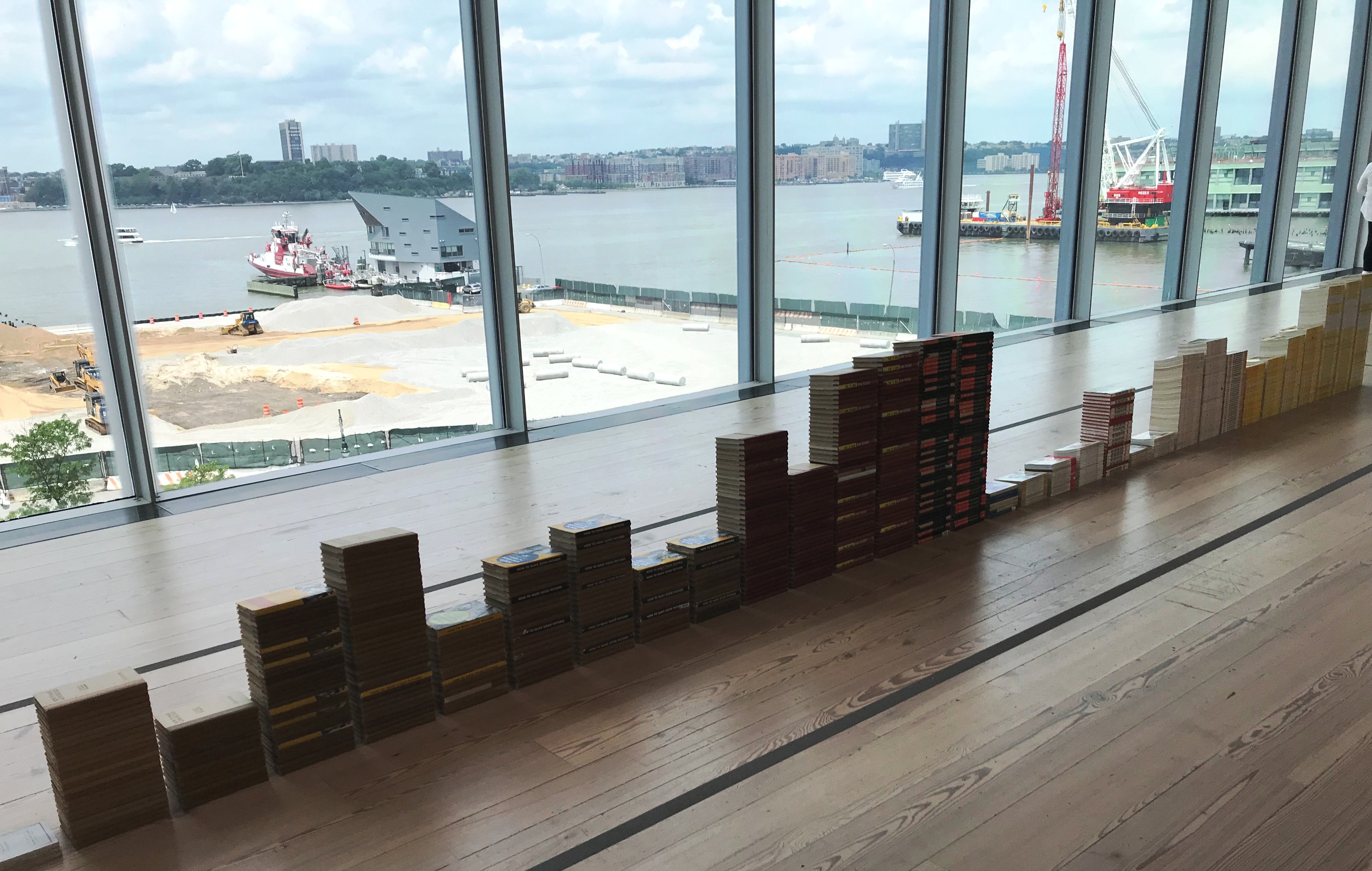 Then I reached a survey of Zoe Leonard's career, specifically her installation How to Make Good Pictures, featuring more than 1,000 copies of a Kodak manual, stacked by edition year--between 1912 and 1995--and almost mirroring the New Jersey skyline across the Hudson River. I walked around the piece, taking pictures with my iPhone--a technique not mentioned in Kodak's manual. I tried to focus on the art, but started thinking about books again. Damn!
Then I reached a survey of Zoe Leonard's career, specifically her installation How to Make Good Pictures, featuring more than 1,000 copies of a Kodak manual, stacked by edition year--between 1912 and 1995--and almost mirroring the New Jersey skyline across the Hudson River. I walked around the piece, taking pictures with my iPhone--a technique not mentioned in Kodak's manual. I tried to focus on the art, but started thinking about books again. Damn!
To be more specific, I pictured piles of overstocks, hurts and remainders. For a few years around the turn of the century, I was a bargain books buyer at an indie bookstore. I ordered from sales reps; I went to CIROBE; I bought large at BookExpo; I even did the occasional warehouse buy. Being reminded of those days by a Whitney exhibition was unexpected, though I adapted quickly, knowing the time would come to recall this moment when I did eventually write about bargain books.
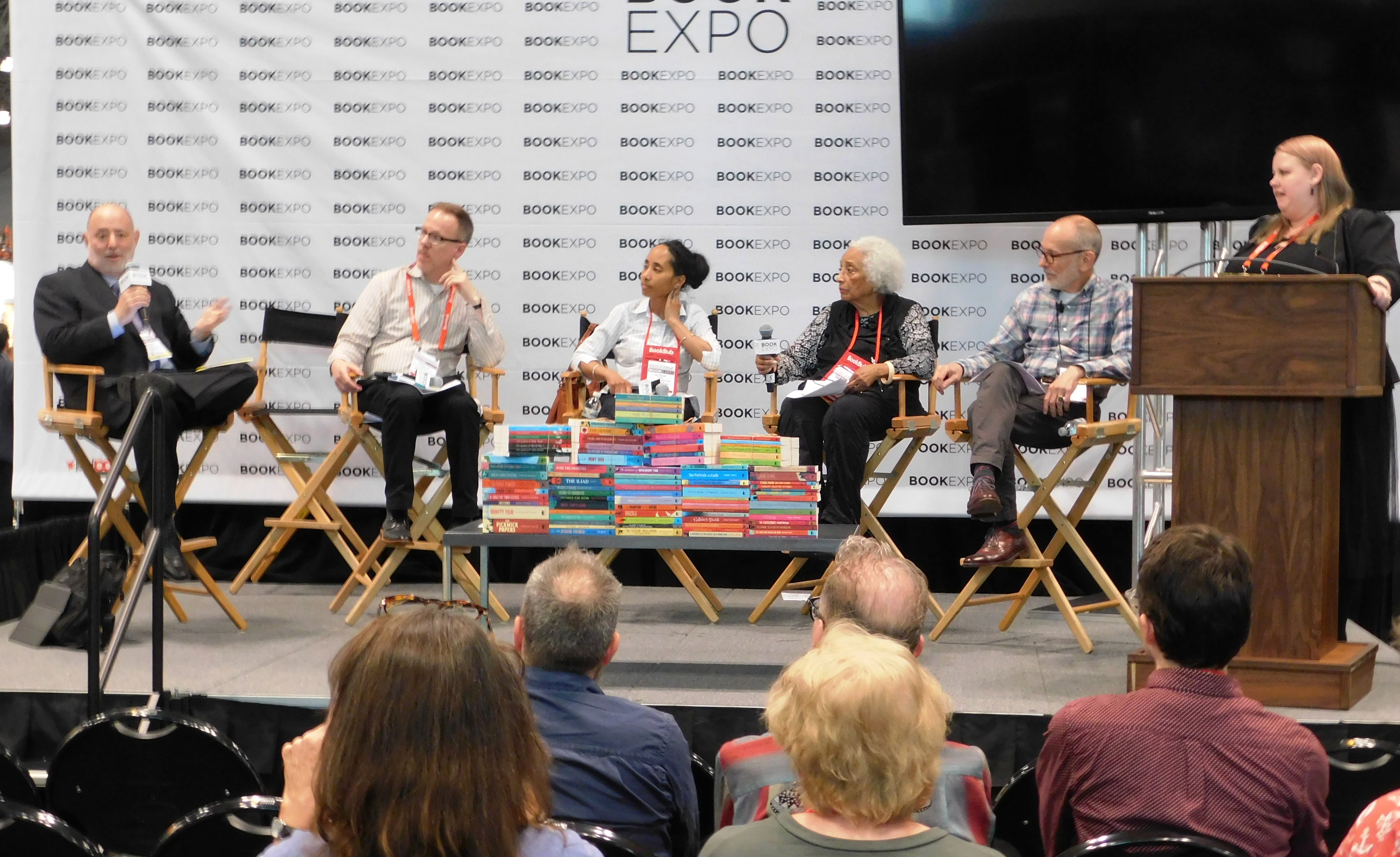 |
| Brad Jonas, Douglas Kopsco, Alyson Turner, Janet Turner, Paul Secor, Crystal Reyes |
That time is now. During BookExpo, the Midtown Stage featured a session titled "Raise Your Profits with Remainders." Crystal Reyes of Texas Bookman served as moderator for panelists Brad Jonas of Powell's Books Wholesale in Chicago (and CIROBE's co-founder); Paul Secor, buyer at the Strand in New York City; Douglas Kopsco, buyer for the Metropolitan Museum of Art; and Alyson Turner & Janet Jones of Source Booksellers in Detroit, Mich.
"We all have very different retail environments that we work in," Reyes said in her introductory remarks. "I think we all have one thing in common, which is not only our love of books but particularly our love of remainder books."
"For me, I think the term is bargain books rather than remainder books," Jonas said, adding: "One of the things we were talking about beforehand is that the words don't sound very good. We need to come up with better terms. Because 'hurts' sounds bad, but there's nothing wrong with the book. Remainders sounds like it's a leftover, but there's nothing wrong with the book.... These are books that you can pick that are special for you but not all of your clients will see at the store next door."
Kopsco noted that most of what is ordered for the Met Store "as a remainder we've already had at full price, so we have an idea--this did well for us at full price, and now it's great to be able to bring it in for a whole new audience who couldn't afford the book at $50 but they can afford it at $24.98.... You can display it in a whole different way. Instead of ordering five copies at a time, you're ordering 30 copies at a time. You can make a stack and put a spotlight on it. Obviously, the margin is great. The high sales are great. But it's also nice that you're giving the customer a bargain. So that makes them happy."
For Source Booksellers, "remainders really allow us a broad base of books in the store," Janet Turner said. "We are a niche market bookstore because we sell primarily nonfiction books.... We have a nice mix and spread of books, but when we buy the remainders we can really go deeper into any of our categories.... We never know what people's interests are."
Jonas countered a recent theory that the bargain book supply chain may be drying up as publishers become more focused on tight print runs: "We've been afraid of this for years and years and years. It still seems there's a lot of books out there in a lot of different warehouses. So, it changes. And sometimes it's different sorts of things. One season it's all cookbooks and the next season it's all kids' books and the next season it's all art books. But I don't think anyone's so smart they've got the numbers dialed in."
At the end of the session, the panelists were asked for some words of wisdom:
Jonas: "Remainders give you great opportunity to experiment on books that you just personally love. Maybe they don't sell immediately, but you're not paying a lot for the investment and often the investment comes back and helps you out."
Kopsco: "If you're not already buying remainders, you should. Just don't buy the stock that I want."
Alyson Turner: "Bookstores need lots of books and customers need lots of price points."
Janet Turner: "I'd say don't be afraid. Jump on in. Try it out, and if it works well, good. If it doesn't, try again."
Secor: "Fred Bass would always say, 'Show me a buyer who doesn't make mistakes and I'll show you a bad buyer.' You have to take chances as a buyer. You have to go beyond what's just in front of you and what you know. You have to experiment. Remainders are a very good way to do that."
From any perspective, there's an art to acquiring bargain books. Don't bother to search for Kodak's How to Make Good Pictures, though. I suspect Zoe Leonard has nabbed them all by now.
 In the second quarter ended June 30, net sales at Amazon.com rose 39.3%, to $52.9 billion while net income was $2.5 billion, compared to net income of $197 million in the same period a year earlier. Although revenue was below financial analysts' forecasts, profit was more than double what had been anticipated (consensus was a profit of $2.49 a share; profit was actually $5.07 a share). This marked the first time Amazon had profits of more than $2 billion in a quarter, and the third quarter in a row it had profits of more than $1 billion. As the Wall Street Journal wrote, "No longer is Amazon known for suffering losses or producing razor-thin income by plowing every dollar it makes back into investments."
In the second quarter ended June 30, net sales at Amazon.com rose 39.3%, to $52.9 billion while net income was $2.5 billion, compared to net income of $197 million in the same period a year earlier. Although revenue was below financial analysts' forecasts, profit was more than double what had been anticipated (consensus was a profit of $2.49 a share; profit was actually $5.07 a share). This marked the first time Amazon had profits of more than $2 billion in a quarter, and the third quarter in a row it had profits of more than $1 billion. As the Wall Street Journal wrote, "No longer is Amazon known for suffering losses or producing razor-thin income by plowing every dollar it makes back into investments."









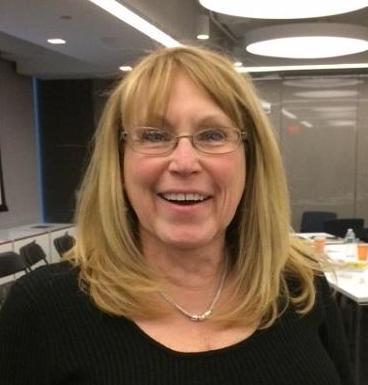

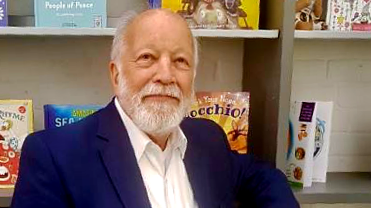

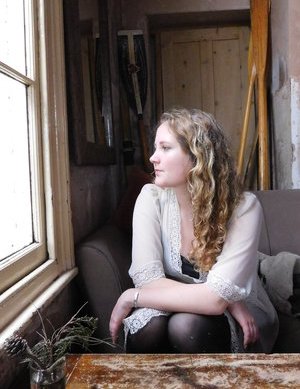

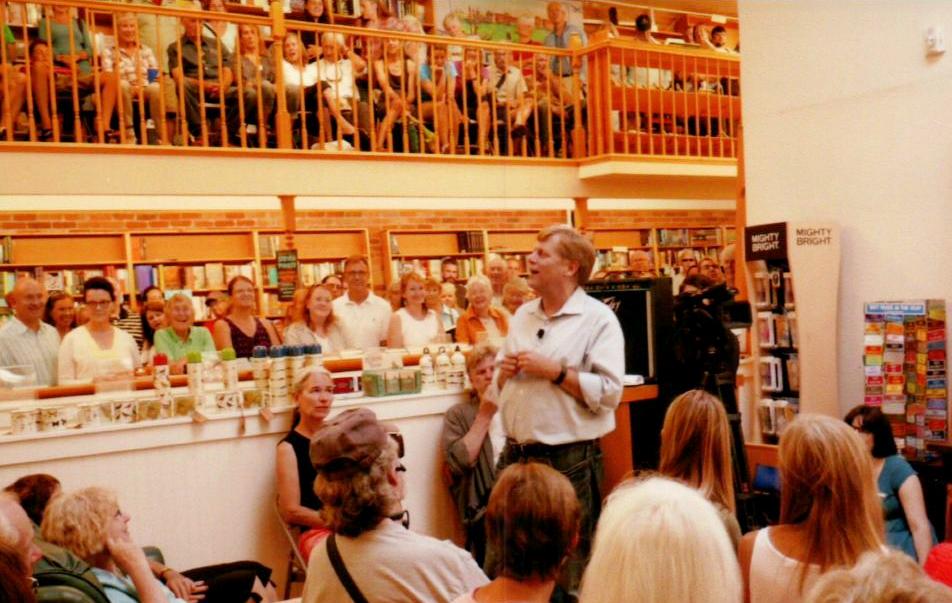
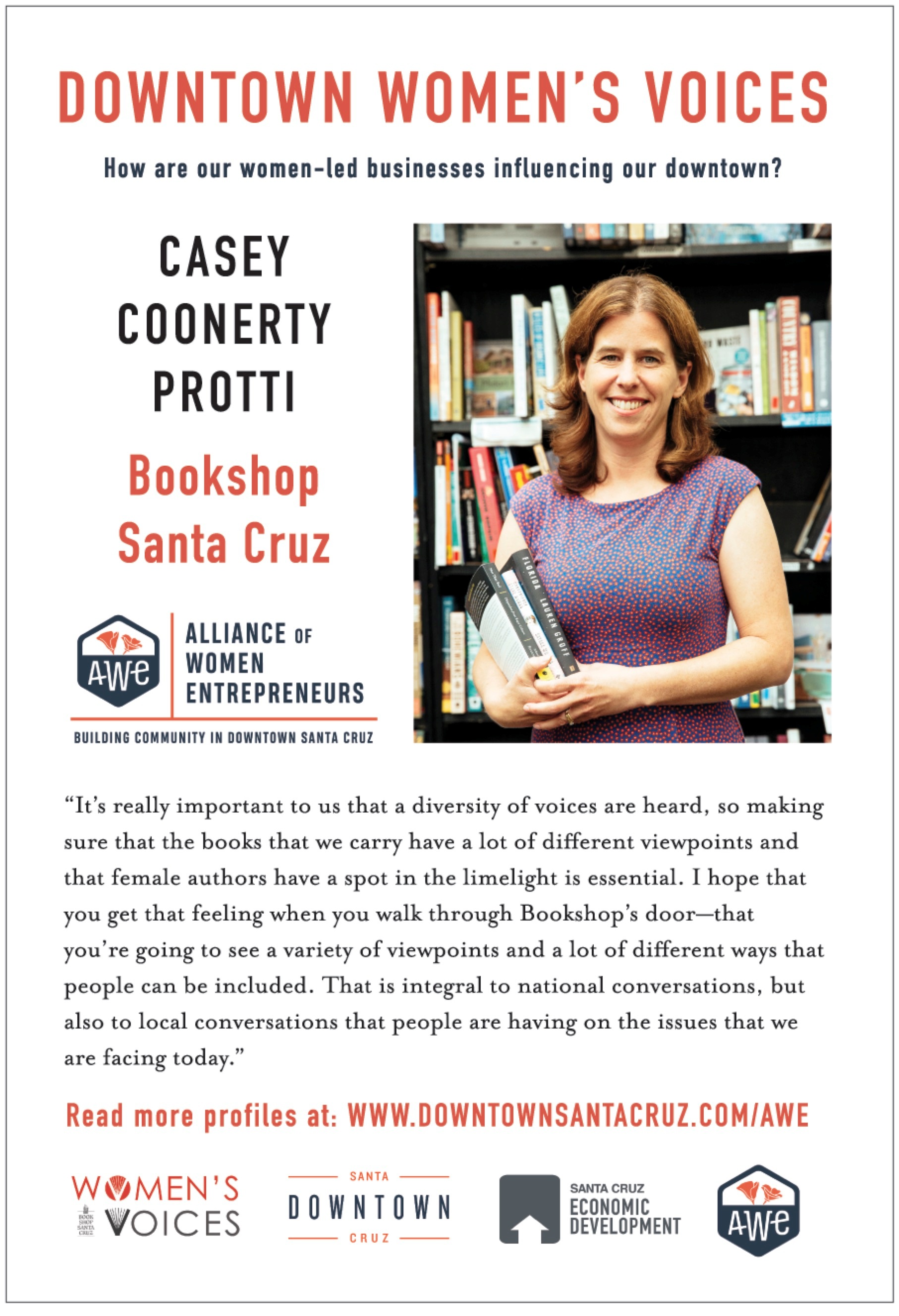 Bookshop Santa Cruz
Bookshop Santa Cruz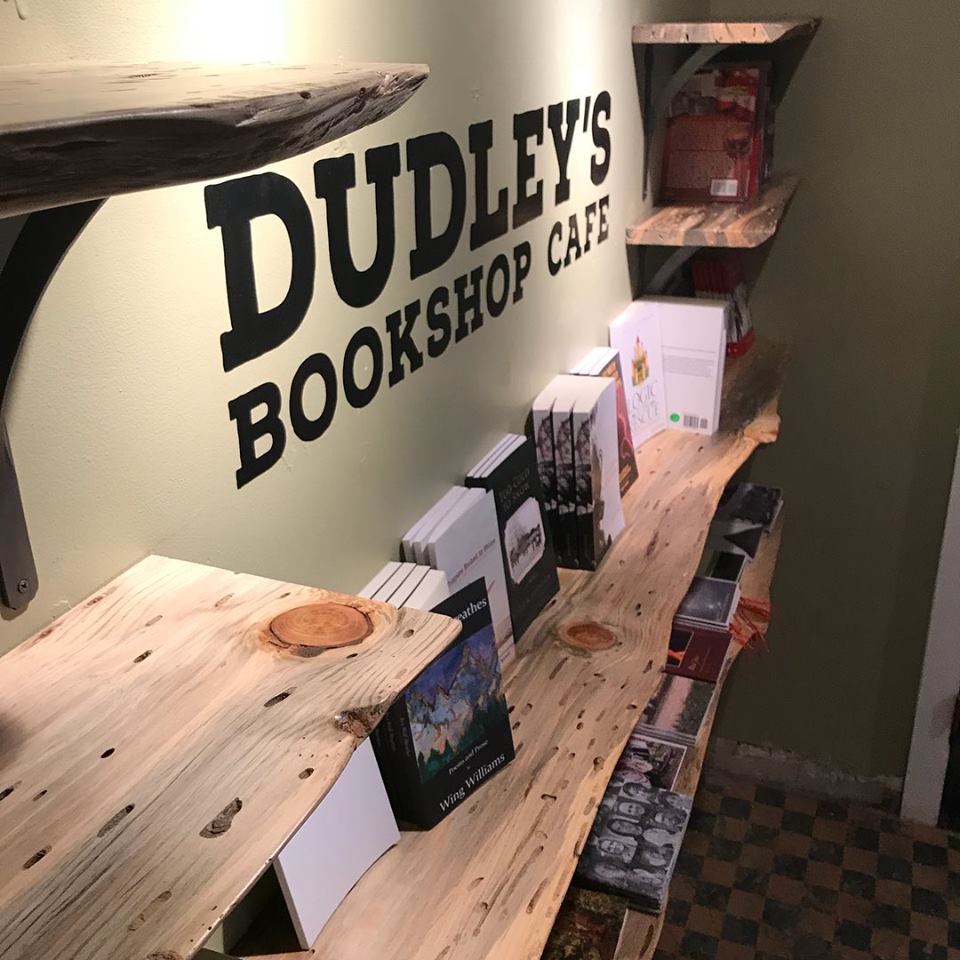 Posted on Facebook yesterday by
Posted on Facebook yesterday by 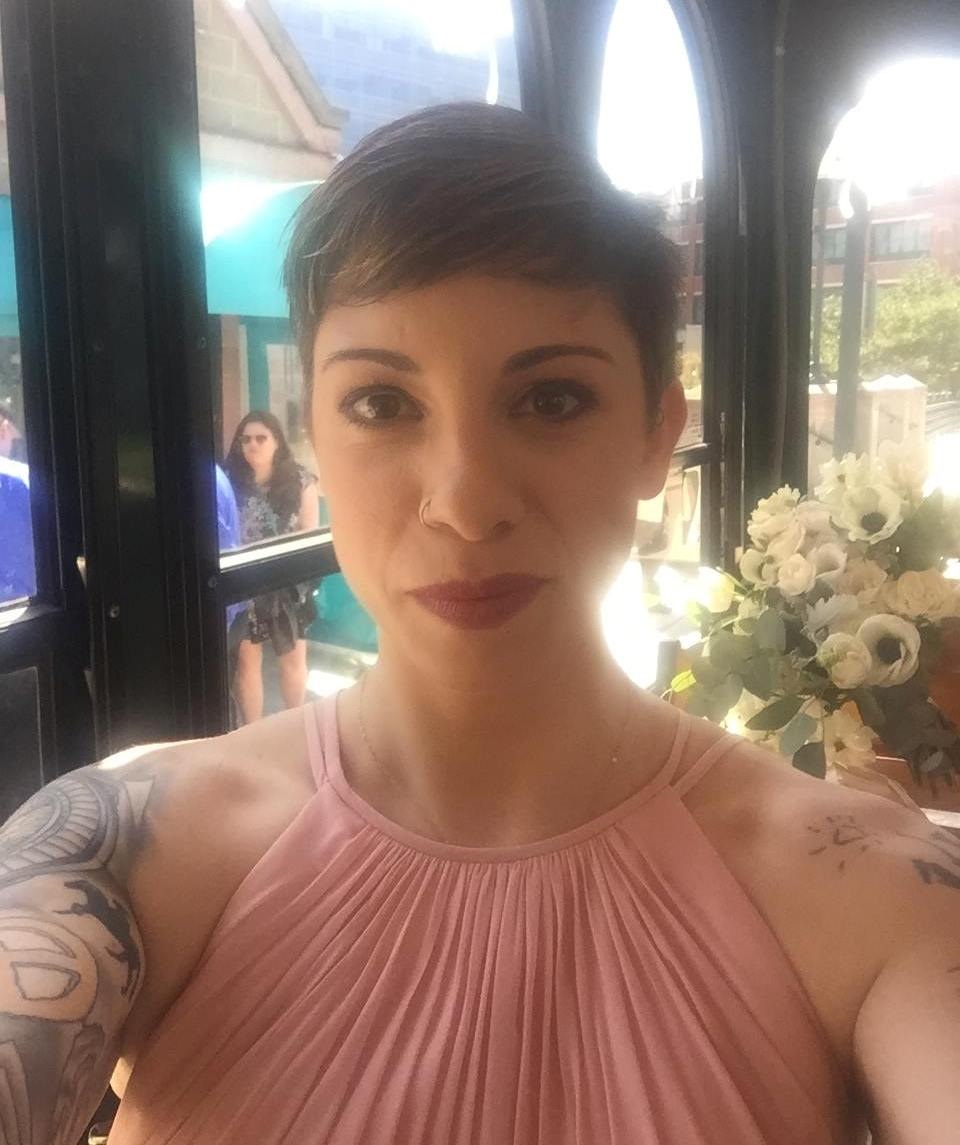
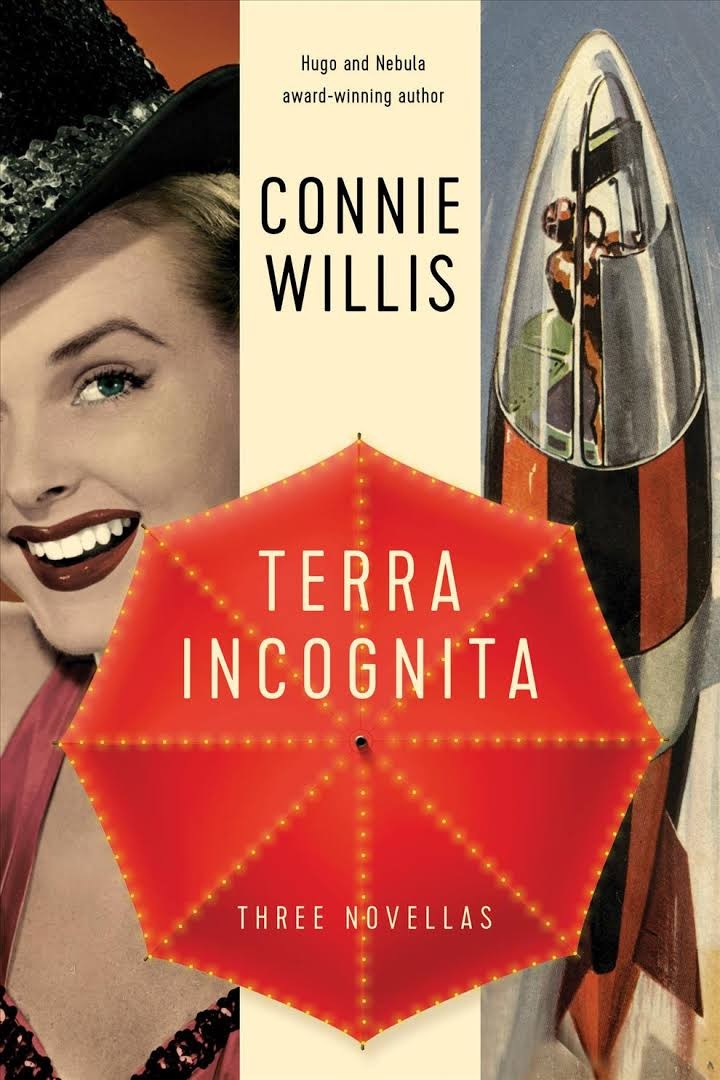 Nebula and Hugo Award-winning science fiction author Connie Willis (Doomsday Book, Crosstalk) explores the terrains of emotion and technology in this collection of three previously published novellas.
Nebula and Hugo Award-winning science fiction author Connie Willis (Doomsday Book, Crosstalk) explores the terrains of emotion and technology in this collection of three previously published novellas.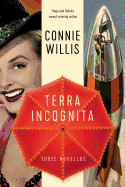
 Then I reached a
Then I reached a 